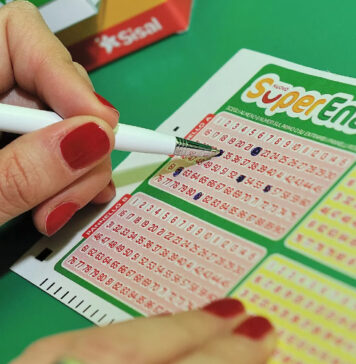
(Jamma) The art. 7, paragraph 3-quater of Legislative Decree no. 158/12 - the so-called Balduzzi Decree - containing "Urgent provisions to promote the development of the country through a higher level of health protection” converted with integration and modifications by Law n.189/12, prohibits the making available in any commercial establishment of equipment which through the telematic connection allow customers to play on gaming platforms offered by online concessionaires, by subjects authorized to operate remote games or by subjects without any concession or authorization issued by the competent authorities, without prejudice to the sanctions envisaged against anyone who unlawfully carries out the activity of offering games with cash prizes. Reading is complex, and the point deserves some reflections of a purely juridical nature. The first: the law provides for the prohibition but does not contemplate the sanction. The insiders - those who are then called to apply the sector's legislation in the field - with an interpretative hazard, have identified the sanction to be applied in the event of violation of the Balduzzi decree in art. 110, paragraph 9 letter f -ter, TULPS which, as is known, establishes that: "whoever, on the national territory, distributes or installs or otherwise It allows the use in public places or places open to the public or in clubs and associations of any type of video terminal equipment that does not meet the characteristics and requirements indicated in paragraph 6, letter b), and in the legal and administrative provisions implementing said provision, and ' punished with a fine of between 5.000 and 50.000 euros for each video terminal device”. The provision of the aforementioned article refers to the entertainment machines contemplated by art. 110 and certainly not to PCs or other similar electronic devices which have no characteristics in common with VLT and AWP. The role of the interpreter is certainly not easy, but sometimes the risk is to complicate life. If it is true that the Balduzzi decree, at least in relation to the prohibition of devices, does not contemplate a sanctioning system that we are trying to identify, it is also true that last February the Privacy Guarantor, interested in the use of personal data, in confirming the The repeal of the Pisanu decree which provided for the obligation to register customer documents, established that public establishments such as restaurants and bars can make free wi-fi available to customers, but also devices for surfing the web with a request to use of internet connectivity.
It can therefore be deduced that the interpretation provided by the Guarantor Authority relieves the managers of the premises of responsibility in this sense (always subject to the prohibition of intermediation), and reiterates how the personal data of customers cannot be used without specific consent. This confirms that the art. 7, paragraph 3-quater of Legislative Decree no. 158/12 - the so-called Balduzzi Decree - is a hybrid law, in contrast with the constitutional dictates that establish the freedom of the person and of the company. In the era of free wi-fi in our country, it is difficult to imagine banning the use of the internet in public places. Moreover, regarding the interpretation of the aforementioned principle of the Balduzzi Decree, the Court of Cassation, III section criminal law, with the ruling of 26 July 2013, filed on 1 October 2013, established that "The mere provision at any exercise of equipment which, through the electronic connection, allows customers to play on the gaming platforms made available by online concessionaires in violation of the prohibition of article 7, paragraph 3-quater, of Legislative Decree 158/2012 does not constitutes the contravention referred to in article 4 of law 401/89 being on the contrary necessary the preparation of personnel and means in such a way as to implement the conduct of organization, operation and remote collection of games required by this provision".
Reflections are a must, and the question is not easily dismissed. The changes of direction in this sense, the confusion between the community jurisprudence on CTDs and the national one on online, in addition to the wavering strategies of the so-called historical market, have led to the current situation of the Gordian knot. But the sword with which to cut it, if it has to be Balduzzi, is not sharp: it frays a bit and bounces a bit. With the tools currently available, it would be difficult for anyone invested in the matter to see the difference in the use of gaming services - offered by a dealer authorized for this purpose by ADM -, from the home PC or from another made available ( without any intermediation of course!) of the bartender near the house. Due to its incompleteness, the principle established by the Balduzzi decree on the subject of the ban on gaming therefore risks overwhelming the meaning for which it was issued, and failing to block the channeling of gaming into illicit circuits.










